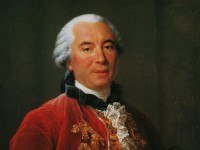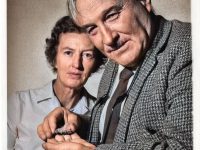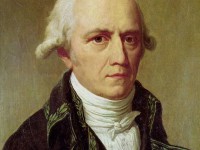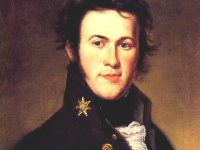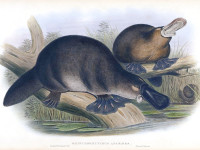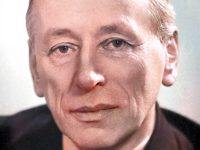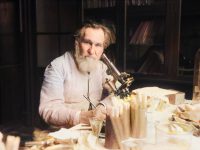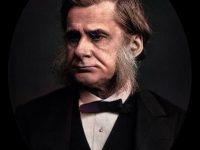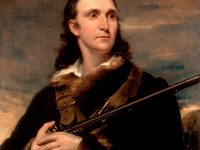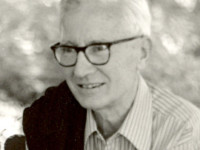Comte de Buffon and his Histoire Naturelle
On September 7, 1707, French naturalist, mathematician, cosmologist, and encyclopedic author Georges-Louis Leclerc, Comte de Buffon was born. Buffon formulated a crude theory of evolution and was the first to suggest that the earth might be older than suggested by the Bible. His works influenced the next two generations of naturalists, including Jean-Baptiste Lamarck [2] and Georges Cuvier.[6] “Truly, Buffon was the father of all thought in natural history in the second half of…
Read more

